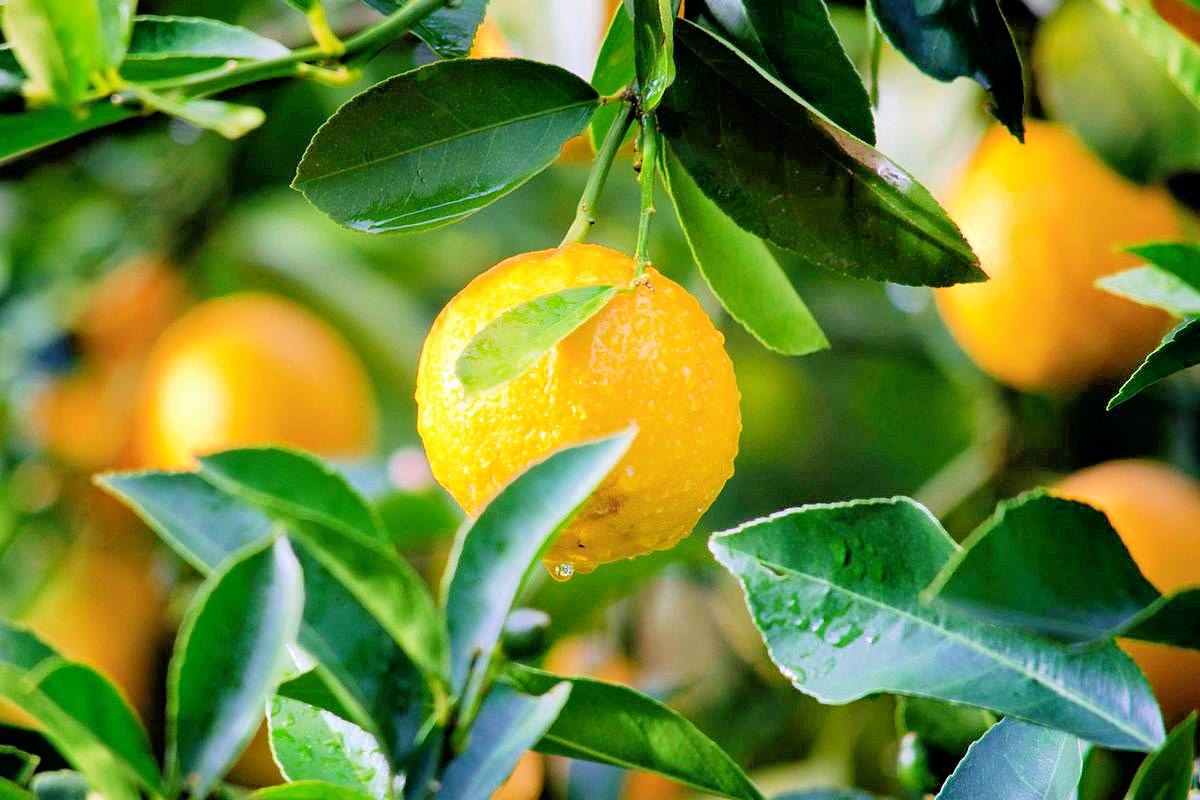🥇 The Superior Citrus: Lemon & Lime
When it comes to the healthiest citrus fruits, lemon and lime reign supreme! 👑 These tangy titans boast an impressively low sugar content, with lemon packing a mere 2.5 grams and lime an even lower 1.7 grams per 100 grams of edible fruit. 🤩 Yet, they don’t skimp on vitamin C, providing a generous boost to your daily intake. Incorporating these zesty superstars into your diet is a surefire way to keep your sweet tooth satisfied while nourishing your body. 🍋💪
Lemon and lime are true champions in the world of citrus, offering a delightful balance of refreshing tartness and nutritional prowess. 🏆 Whether you’re squeezing a vibrant lemon over your salad or adding a splash of lime to your favorite beverage, these dynamic duo pack a punch of flavor and health benefits. Plus, their versatility in cooking and baking makes them invaluable allies in the kitchen. 👩🍳
🥈 Grapefruit & Pomelo
Taking the silver medal are the grapefruit and the elusive pomelo. 🥈 These citrus cousins offer a delightful balance of tangy sweetness and a respectable vitamin C punch. While grapefruit’s sugar content is moderately low, the pomelo’s remains a mystery, shrouded in uncertainty. 🤔 Nevertheless, their impressive vitamin C levels make them worthy contenders in the quest for nutritious citrus goodness. 🍊💫
Grapefruit, with its distinctive bitter-sweet flavor and vibrant hues, is a true nutritional powerhouse. 💥 Not only does it boast a respectable vitamin C content, but it also offers a unique array of plant compounds that may offer additional health benefits. The pomelo, on the other hand, is a lesser-known gem that deserves more recognition. Its larger size and thick rind conceal a juicy interior bursting with citrusy goodness. 🍈
🥉 Kumquat & Orange
Rounding out the podium are the kumquat and the ever-popular orange. 🥉 These fruity friends pack a flavorful punch and a decent dose of vitamin C. However, their sugar content hovers around 9.5 grams per 100 grams, making them a treat best enjoyed in moderation. Nonetheless, their unique flavors and nutritional profiles earn them a well-deserved bronze medal. 🍊🍊
The kumquat, a petite powerhouse, stands out with its edible skin, adding an extra burst of fiber and unique flavor notes. 🧡 Meanwhile, the beloved orange remains a classic favorite, offering a perfect balance of sweetness and tanginess. Whether enjoyed as a refreshing snack or incorporated into dishes, these citrus gems add a vibrant touch to any meal.
🍊 Mandarin
While the Mandarin family (including tangerines and clementines) may not be the nutritional powerhouse of the citrus realm, they still deserve a spot on the roster. 🍊 With a sugar content of 11 grams per 100 grams, they’re a tad sweeter than their counterparts. However, their vitamin C levels are respectable, and their portability and ease of peeling make them a convenient snack option. Just remember, moderation is key! 🍬
The Mandarin clan, with its petite and easy-to-peel segments, is a true crowd-pleaser. 🍊👏 These sweet and juicy gems are perfect for on-the-go snacking or adding a burst of citrus flavor to salads and desserts. While their sugar content may be slightly higher than some other citrus fruits, their convenience and vibrant flavor make them a worthy addition to a balanced diet.
🥤The Disqualified: Orange Juice
Alas, not all citrus contenders make the cut. 💔 Orange juice, regrettably, finds itself disqualified from the healthy citrus competition. While it boasts a respectable vitamin C content, its sugar levels are alarmingly high, often exceeding 21 grams per serving. 😱 The processing and pasteurization it undergoes further diminish its nutritional integrity. So, while a glass of freshly squeezed OJ can be a treat, relying on it as a health tonic is a misstep. 🥤❌
Orange juice, once hailed as a vitamin C superhero, has fallen from grace in the world of nutritious citrus beverages. 🥤☠️ The culprit? Sugar, and lots of it. A single glass can pack a whopping 21 grams or more, far exceeding the recommended daily intake. Compounding the issue, commercial orange juices undergo extensive processing and pasteurization, stripping away many of the beneficial compounds found in fresh oranges.
While a refreshing glass of freshly squeezed orange juice can be an occasional indulgence, relying on it as a daily source of vitamin C may do more harm than good. 🍹⚠️ The high sugar content can contribute to weight gain, insulin resistance, and other health issues, potentially negating any benefits from the vitamin C. It’s a harsh reality, but one that underscores the importance of mindful consumption.
Copyright © 2025 Hea1th.net

